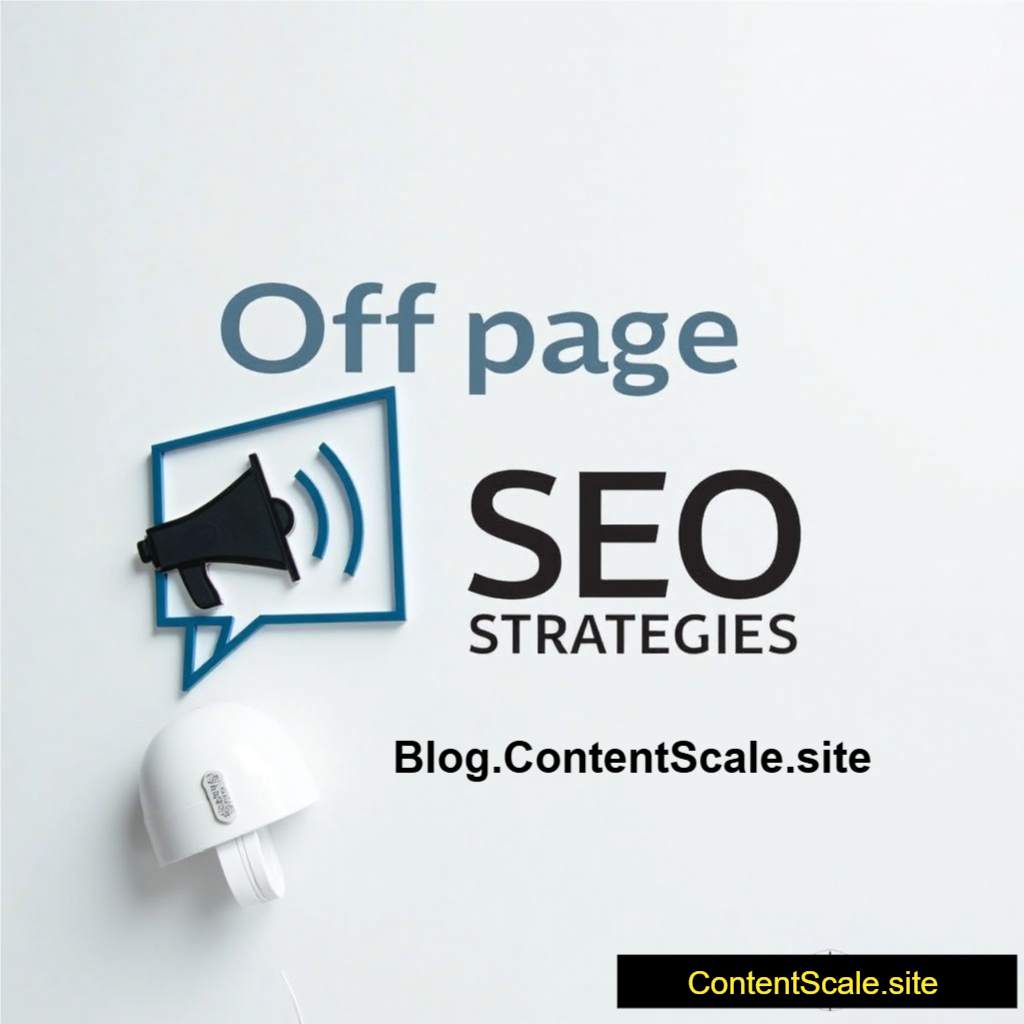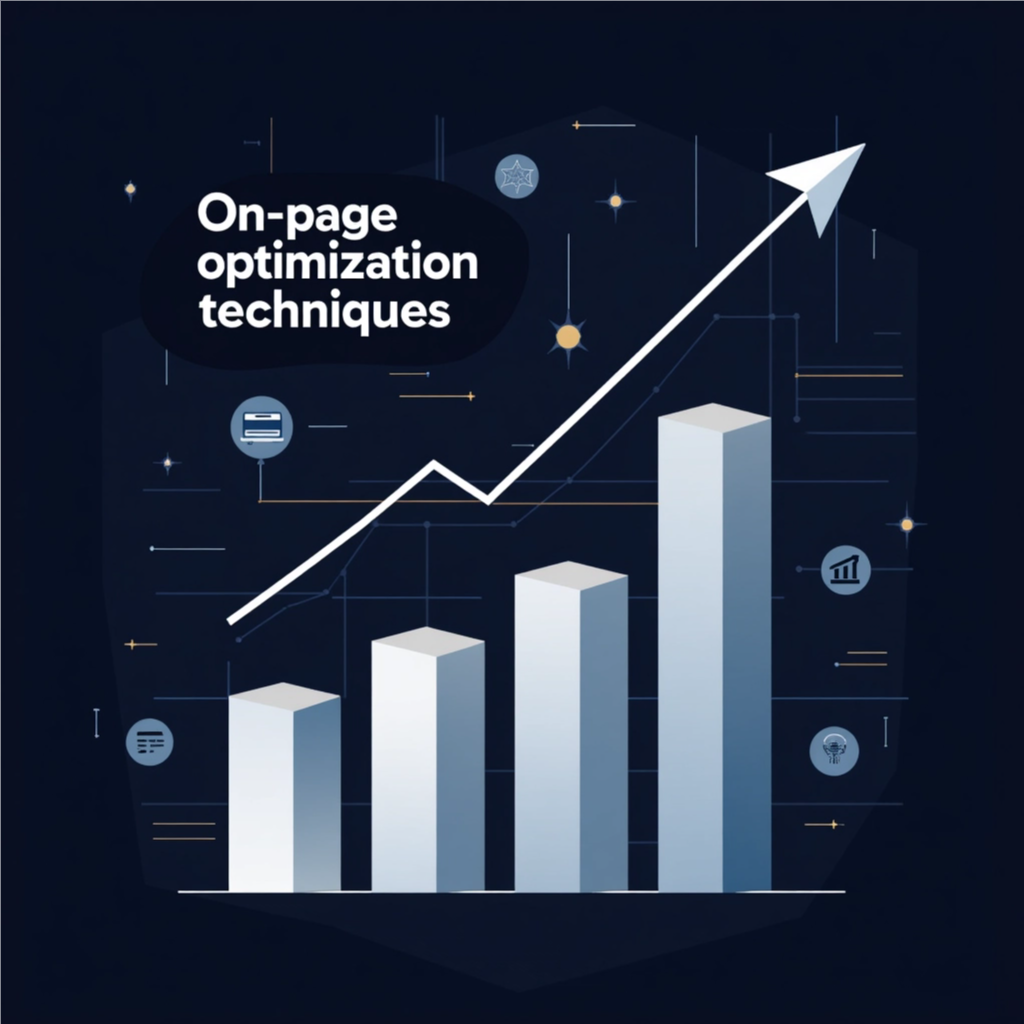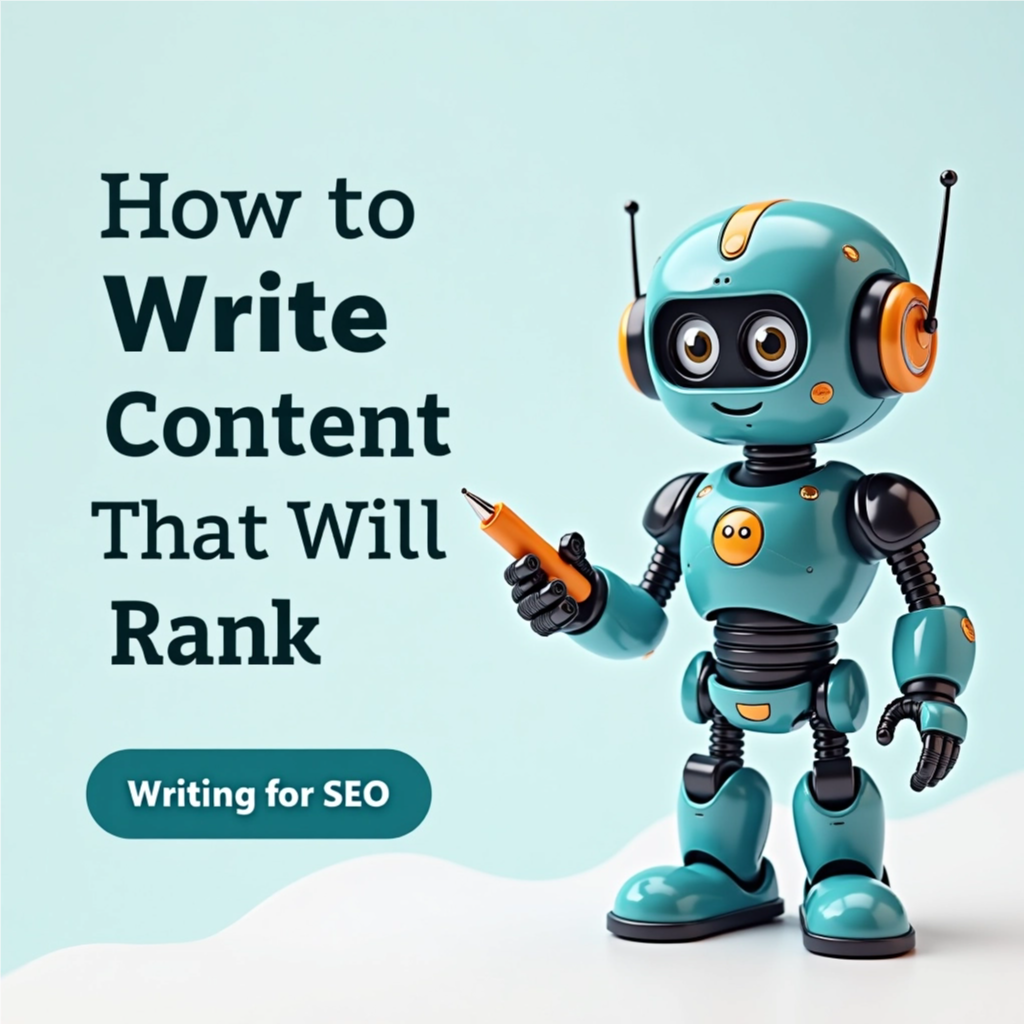Keyword Research for Google AI Overview: Complete Optimization Guide 🤖
Master keyword research evolution and transform your AI Overview visibility in 2025
Table of Contents
🔍 How Keyword Research Has Evolved for AI Overview
Keyword research hasn’t disappeared in the AI Overview era – it has fundamentally transformed. While traditional exact-match keyword targeting still has value, the rise of Google AI Overview requires a more sophisticated understanding of how people naturally ask questions and seek information.
The Traditional vs. AI Overview Research Paradigm
| Research Aspect | Traditional Approach | AI Overview Approach | Success Impact |
|---|---|---|---|
| Query Format | “SEO tips” (keyword-based) | “What are the best SEO tips for beginners?” (question-based) | 3x higher AI inclusion rate |
| Search Volume Focus | High-volume exact matches | Conversational patterns and intent | Better user engagement |
| Competition Analysis | Ranking difficulty scores | AI Overview appearance frequency | More accurate opportunity assessment |
| Content Planning | Keyword density optimization | Comprehensive question coverage | Higher authority and trust signals |
Why Keyword Research Remains Critical
The Continued Importance of Research
Despite AI Overview’s sophistication, keyword research remains essential because:
- User Intent Understanding: AI Overview still needs to understand what users are actually asking
- Content Gap Identification: Research reveals which questions lack comprehensive answers
- Competitive Intelligence: Understanding what triggers AI Overview for competitors
- Content Strategy Direction: Guiding what topics and questions to prioritize
- Performance Measurement: Tracking which queries drive AI Overview inclusion
📊 AI Overview Impact on Traditional Research Methods
Google AI Overview has fundamentally changed how keyword research translates into search visibility. Traditional metrics like search volume and keyword difficulty remain important, but they must be interpreted through the lens of AI Overview behavior and user interaction patterns.
Impact on Traditional Research Metrics
| Traditional Metric | AI Overview Impact | New Consideration | Adjusted Strategy |
|---|---|---|---|
| Search Volume | 40% reduction in clicks for AI Overview queries | Quality of traffic over quantity | Focus on high-intent, conversion-driven queries |
| Keyword Difficulty | New competition layer: AI Overview inclusion | Authority and expertise requirements | Invest in E-A-T signals and comprehensive content |
| SERP Features | AI Overview becomes dominant SERP feature | Featured snippet optimization less relevant | Optimize for AI Overview instead of snippets |
| Long-tail Keywords | More valuable due to specific question nature | Natural language patterns | Research conversational query variations |
The New Research Priorities
Updated Keyword Research Priorities for AI Overview
- Question Pattern Analysis: Identify how users naturally ask questions in your niche
- AI Overview Trigger Research: Find queries that consistently trigger AI Overview responses
- Content Gap Analysis: Discover questions with poor or incomplete AI Overview results
- Intent Classification: Categorize queries by informational, navigational, and transactional intent
- Competitor AI Analysis: Study which competitors appear in AI Overview results
❓ Question-Based Keyword Research Strategy
The cornerstone of effective keyword research for AI Overview is understanding how to identify, categorize, and prioritize question-based queries. This approach requires a systematic methodology for discovering the natural language patterns your audience uses when seeking information.
The Question Research Framework
| Question Type | AI Overview Trigger Rate | Research Method | Content Format |
|---|---|---|---|
| How-to Questions | 84% | Process and procedure research | Step-by-step guides with numbered lists |
| What is Questions | 71% | Definition and explanation research | Comprehensive definitions with examples |
| Why Questions | 68% | Cause and effect analysis | Explanatory content with reasoning |
| Comparison Questions | 79% | Feature and benefit analysis | Comparison tables and pros/cons |
| When/Where Questions | 62% | Contextual and situational research | Conditional guidelines and recommendations |
Advanced Question Discovery Techniques
The 5W1H Question Generation Method
- Who: “Who should use [your topic]?” – Audience identification queries
- What: “What is [your topic]?” – Definition and explanation queries
- When: “When should you [action]?” – Timing and situation queries
- Where: “Where can you [find/use]?” – Location and application queries
- Why: “Why is [topic] important?” – Benefit and reasoning queries
- How: “How do you [achieve goal]?” – Process and method queries
🛠️ Essential Keyword Research Tools for AI Overview
The evolution of keyword research for AI Overview requires a combination of traditional SEO tools and newer AI-focused research platforms. The most effective approach combines multiple tools to get comprehensive insights into question patterns, AI Overview triggers, and content opportunities.
Essential Tool Categories for AI Overview Research
| Tool Category | Primary Function | Best Tools | Key Features |
|---|---|---|---|
| Question Discovery | Find natural language queries | AnswerThePublic, AlsoAsked | Question generation, related queries |
| AI Overview Tracking | Monitor AI Overview appearance | SEMrush, Ahrefs, Wincher | SERP feature tracking, AI inclusion rates |
| Content Analysis | Analyze existing AI Overview content | Surfer SEO, MarketMuse | Content gaps, topic modeling |
| Search Console Data | Monitor your AI Overview performance | Google Search Console | Query analysis, click data, impressions |
Recommended Tool Stack for Different Business Sizes
Small Business Stack ($50-150/month)
- AnswerThePublic: $99/month – Question discovery and research
- Ubersuggest: $29/month – Basic keyword and SERP analysis
- Google Search Console: Free – Performance tracking and query data
- AlsoAsked: $15/month – Related question research
Enterprise Stack ($500-1500/month)
- SEMrush: $329/month – Comprehensive keyword and competitor analysis
- Ahrefs: $399/month – Advanced SERP analysis and content research
- MarketMuse: $399/month – AI-powered content analysis and optimization
- BrightEdge: Custom pricing – Enterprise SERP feature tracking
✍️ Content Optimization Based on Keyword Research
Translating your keyword research into AI Overview-optimized content requires a systematic approach that prioritizes user intent, comprehensive coverage, and structured presentation. The goal is to create content that both serves users effectively and meets Google AI’s selection criteria.
Research-to-Content Translation Framework
| Research Insight | Content Application | Optimization Technique | AI Overview Impact |
|---|---|---|---|
| High-volume question clusters | Comprehensive topic coverage | Address 15-25 related questions per article | Higher authority signals |
| Question intent patterns | Content structure optimization | Use question-based headers (H2/H3) | Better content parsing by AI |
| AI Overview trigger queries | Strategic keyword placement | Include exact questions in first 100 words | Increased relevance matching |
| Content gap identification | Unique value proposition | Provide information missing from competitors | Higher selection probability |
ContentScale’s GRAAF Framework Applied to Research
GRAAF Framework for Research-Based Content
- G – Genuine Authority: Use research to identify authoritative sources and expert opinions
- R – Relevant Structure: Organize content based on question hierarchy from research
- A – Accurate Information: Verify all claims against multiple research sources
- A – Actionable Insights: Transform research findings into practical recommendations
- F – Fresh Content: Update content based on evolving search patterns
📈 Measuring Keyword Research Success for AI Overview
Measuring the success of your keyword research for AI Overview requires new metrics beyond traditional ranking positions and search volume. You need to track AI Overview inclusion, user engagement, and the quality of traffic generated from your research-driven optimization efforts.
Key Performance Indicators for AI Overview Research
| Metric Category | Specific KPIs | Measurement Tools | Success Benchmarks |
|---|---|---|---|
| Research Accuracy | AI Overview inclusion rate for targeted queries | Manual SERP checks, SEMrush, Ahrefs | 25%+ inclusion rate for primary targets |
| Traffic Quality | Engagement metrics from AI Overview traffic | Google Analytics, Search Console | Above-average time on page and conversions |
| Visibility Expansion | Growth in question-based query rankings | Google Search Console performance reports | 50%+ increase in question query impressions |
| Competitive Position | Market share of AI Overview appearances | Competitive intelligence tools | Top 3 source position for key topics |
🚫 Common Keyword Research Mistakes for AI Overview
Many businesses make critical errors when conducting keyword research for AI Overview that can significantly impact their optimization success. Understanding these common mistakes helps you avoid costly research pitfalls and focus on strategies that deliver measurable results.
Top 8 Keyword Research Mistakes for AI Overview
Mistake #1: Ignoring Question Patterns
What it looks like: Focusing only on traditional keywords like “SEO tips” instead of “What are the best SEO tips?”
Why it fails: AI Overview is triggered primarily by question-format queries
Better approach: Research natural language questions and conversational patterns
Mistake #2: Overlooking Search Intent
What it looks like: Targeting high-volume keywords without understanding user intent
Why it fails: AI Overview prioritizes comprehensive answers to specific questions
Better approach: Classify queries by informational, navigational, and transactional intent
| Common Mistake | Impact on Results | Correct Approach | Success Rate Improvement |
|---|---|---|---|
| Single-tool reliance | Limited question discovery | Use multiple research tools and methods | 67% more comprehensive coverage |
| Keyword stuffing mentality | Poor content quality and user experience | Focus on natural language and comprehensive answers | 89% better user engagement |
| Ignoring seasonal patterns | Missing timely opportunities | Research seasonal question variations | 34% increase in timely visibility |
| Lack of performance tracking | No optimization feedback loop | Implement comprehensive measurement | 156% improvement in research ROI |
🔮 Future of Keyword Research in 2026 and Beyond
The future of keyword research is rapidly evolving as AI Overview capabilities expand and search behavior becomes increasingly conversational. Understanding these trends helps you prepare research strategies that will remain effective as search technology advances.
Predicted Changes in Search Behavior and Research Needs
| Trend | Timeline | Impact on Research | Preparation Strategy |
|---|---|---|---|
| Voice Search Integration | Q2 2026 | More conversational, longer queries | Research natural speech patterns |
| Multimodal Search | Late 2026 | Image + text query combinations | Research visual question patterns |
| Personalized AI Responses | Early 2027 | Context-aware query interpretation | Research user journey patterns |
| Real-time AI Updates | Mid 2026 | Dynamic answer generation | Focus on evergreen question frameworks |
📋 Complete Step-by-Step Keyword Research Guide for AI Overview
This comprehensive guide provides a complete, actionable process for conducting keyword research specifically optimized for AI Overview inclusion. Follow these steps systematically to build a research foundation that drives measurable AI Overview success.
Phase 1: Foundation and Setup (Week 1)
Week 1: Research Infrastructure Setup
- Tool Acquisition and Setup
- Set up Google Search Console and Google Analytics
- Subscribe to primary research tools (AnswerThePublic, SEMrush/Ahrefs)
- Create spreadsheet templates for research tracking
- Establish baseline performance measurements
- Business and Audience Analysis
- Define your target audience and their information needs
- Identify your core business topics and expertise areas
- List 10-20 seed keywords for your primary topics
- Analyze current content performance in Search Console
Phase 2: Question Discovery and Research (Week 2-3)
| Implementation Step | Research Application | Timeline | Success Metrics |
|---|---|---|---|
| Content Planning | Create content briefs based on question clusters | Week 5 | 15-25 questions covered per piece |
| Content Creation | Write comprehensive answers using research insights | Week 6-8 | 2,500+ words, structured format |
| Schema Implementation | Add structured data based on question types | Week 9 | FAQ, HowTo, Article schema deployed |
| Performance Monitoring | Track AI Overview inclusion for target questions | Ongoing | 25%+ inclusion rate within 3 months |
Success Timeline Expectations
- Month 1: Complete research and begin content creation
- Month 2-3: Publish research-driven content with proper optimization
- Month 4-6: See initial AI Overview inclusion and traffic improvements
- Month 6-12: Achieve significant AI Overview market share and authority
Ready to Master Keyword Research for AI Overview?
Transform your SEO strategy with research methodologies designed for the AI Overview era and watch your search visibility soar in 2025.
What You Get:
- Complete AI Overview keyword research audit and strategy development
- Question-based research methodology training and implementation
- Advanced tool setup and optimization for AI Overview tracking
- Content strategy development based on research insights
- Performance monitoring and ongoing optimization guidance
- Monthly reporting and strategy refinement sessions
❓ Frequently Asked Questions



